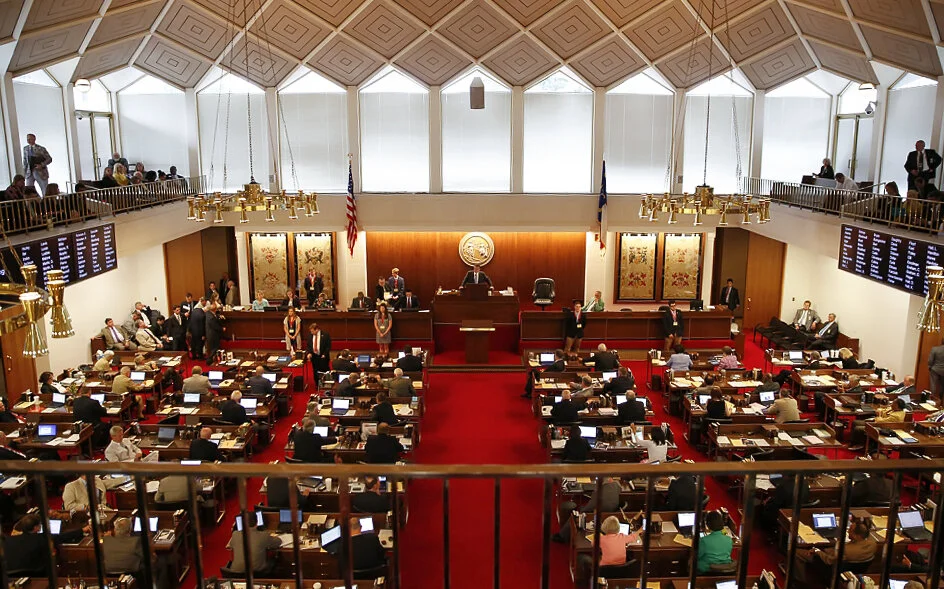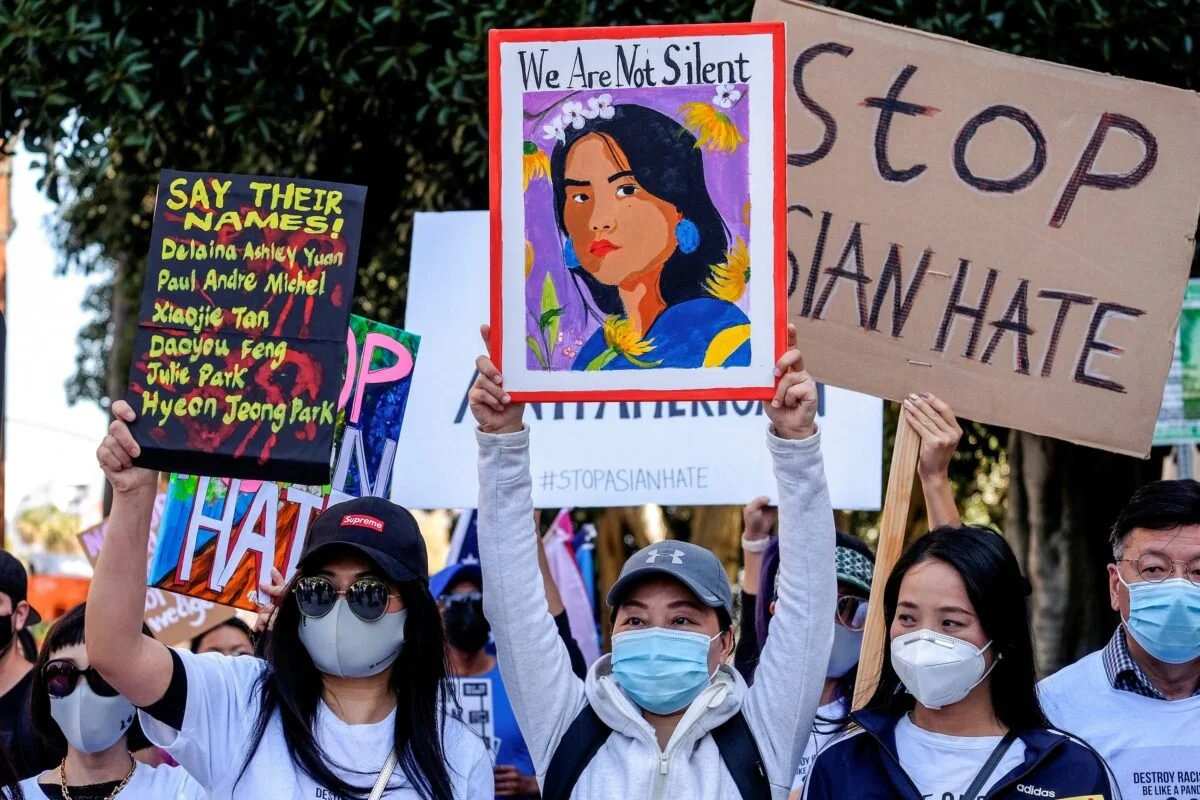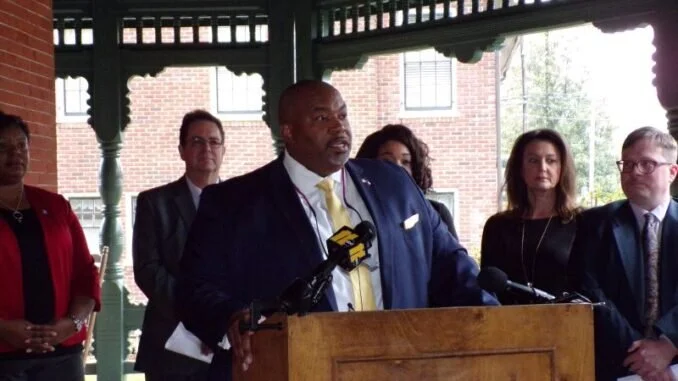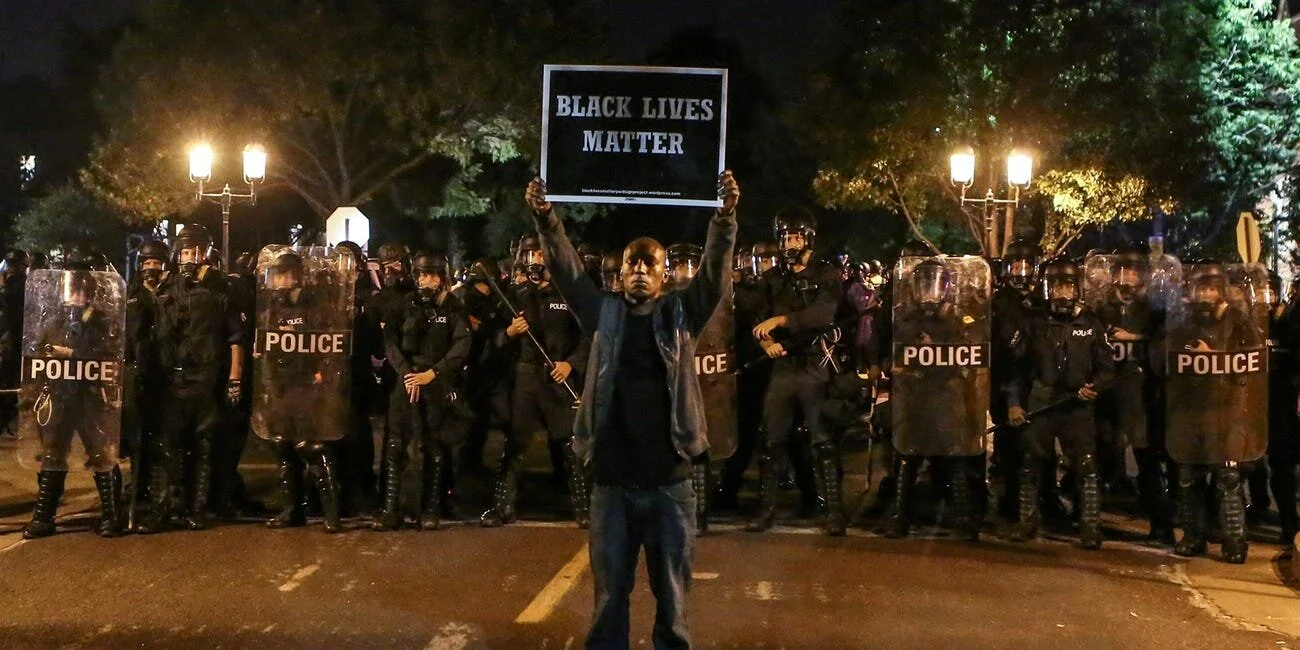“The denial of tenure for Ms. Hannah-Jones prompted calls for transparency and stringent warnings of its effects on alienating UNC’s present and future faculty. In a statement following the initial events, UNC’s Hussman School of Journalism and Media writes that by denying Ms. Hannah-Jones tenure -- a graduate of UNC (Masters, 2003) and whose honors include the Peabody Award and MacArthur ‘Genius’ Grant and Fellowship -- it “unfairly moves the goalposts and violates long-standing norms.”
Read More“Private school vouchers are a form of state-funded financial aid for K-12 students. In North Carolina, families of low-income students and students with disabilities can apply for private school vouchers. If granted, the vouchers use public funding to offset much of the tuition and fees charged by private schools.”
Read More“It is likely that marijuana will be legalized in North Carolina, however, whether it will be for recreational use or medical use remains to be seen. Additionally, a legalization timeline is still unknown. There is no doubt many people believe marijuana could be beneficial, especially for those with medical issues; there could also be economical benefits that could cause a boom in North Carolina’s economy. Democrats are already in support of the issue, but they will need more Republican support if they want to secure “joint” support on the issue.”
Read More“North Carolina voters could be forgiven for forgetting about North Carolina’s Voter ID requirements, as they did not have to deal with them last fall due to injunctions issued by a federal judge and by the North Carolina Court of Appeals in separate cases. The State’s current Voter ID Law, Senate Bill 823, was passed in late 2018, over the veto of Governor Cooper, and is currently being challenged as unconstitutional for intentionally discriminating on the bases of race in the case of Holmes v. Moore, a tough thing to prove given the legislative history of the bill.”
Read More“As many state legislatures across the U.S. have introduced “school choice” bills to divert public education funding to private schools, the North Carolina General Assembly has joined the fray. Republicans in the North Carolina State House of Representatives introduced HB 32 during the first week of the legislative session in January. Last week, on April 1st, the bill moved to the Committee on Rules, Calendar, and Operations of the House, as it progresses through the governmental process on its way to a vote on the House floor. What exactly is included in this bill and what is its intended consequence for both public and private schools?”
Read More“On March 30th, the Senate passed the Excellent Public Schools Act. Though Democrats offered some criticism during a rare questioning period held by Sen. Berger, most lawmakers expressed support for the bill and the vote was unanimous. Sen. Gladys Robinson, D-Guilford, pointed out that COVID-19 has only lowered literacy rates and has ‘left behind’ a number of students who may lack technology, parental support, or other resources crucial to staying afloat during remote learning. Robinson argued that ‘The ability to read is the background, the foundation of everything.’”
Read More“In the wake of the deadly Atlanta spa shooting that sent shockwaves through the nation in March, many North Carolina lawmakers are reviving efforts to pass a hate crime legislation. Previously introduced in 2018, the reintroduction of this bill is not only in response to the recent shooting, but also to the surge in violent crimes being committed against the Asian American community since the start of the pandemic.”
Read More“However, Khater took a different path that led him to Chapel Hill, North Carolina. He and his brothers owned Frutta Bowls health food cafe on Franklin Street until it closed and he moved to Pennsylvania to start another college smoothie shop, which is now also closing. Though he never officially had a North Carolina address, both his LinkedIn profile and past interviews indicate he was the owner of the Chapel Hill establishment for over a year.”
Read More“North Carolina Senate Bill 300 seeks to reform policing in North Carolina, addressing some of the issues highlighted by the horrific death of George Floyd this past summer. More controversially, however, the bill would reclassify rioting offenses from Class 1 misdemeanors to Class H or G felonies in response to violence that occurred during some protests over the summer. With a vague definition of what constitutes a riot, however, some believe that this could harm individuals wrongly arrested.”
Read More“In one of his first official acts as Lieutenant Governor, Mark Robinson has formed a new committee, “Fairness and Accountability in the Classroom for Teachers and Students” (F.A.C.T.S.). This committee is dedicated to giving students, parents, and school faculty “a voice to speak out about cases of bias, inappropriate materials, and indoctrination they see or experience in schools.”
Read More“While this year may represent a loss of traditional learning, it also represents a year of persistence and growth despite circumstance. Learning did not stop because of the pandemic and not every lesson taught has been negative.”
Read More“In North Carolina, Governor Roy Cooper first evoked emergency powers in March 2020 at the onset of the pandemic and has continued to exercise his authority as we enter the end of March 2021. Currently, Cooper’s executive orders are in effect until he decides to make an amendment, however, the NC General Assembly is seeking to curtail Cooper’s power. The bill in the General Assembly, House Bill 264, would require every governor to seek approval from a majority of the Council of State before being allowed to issue a long-lasting executive order. Additionally, the bill would only allow an executive order to remain for a maximum of seven days without approval from the Council of State before being automatically voided.”
Read More“In 2014, NC state auditors discovered that a surprising amount of NC doctors whose licenses have been revoked seeing Medicaid patients. Nearly seven years later, another audit revealed the same: North Carolina’s Department of Health and Human Services (DHHS) failed to properly verify credentials, which resulted in improper Medicaid payments. Because of improper Medicaid spending and the state’s failure to expand Medicaid, Affordable Care Act (Obamacare) subsidies are inaccessible to many North Carolinians, as subsidies from the Bill rely on the expansion of Medicaid within states.”
Read More“North Carolina has a long history of racial injustice and inequality. However, this history is often narrowed down and taught in only a few classes during Black History Month. This February, the Wake County Black Student Coalition joined the many other activists advocating to broaden and deepen this education.”
Read More“Asheville was the only city in N.C. to enact budgetary changes in response to the Black Lives Matter protests, but the new bill would apply to all N.C. local governments. If the bill passes, any city or county that cuts more than 1% from their police budget will be penalized with reduced state funding.”
Read More“Beginning on March 14th, 2021, North Carolinians seeking unemployment benefits will have to provide proof that they are actively pursuing employment opportunities to qualify. Governor Roy Cooper laid down an executive order detailing the changes which negate a previously issued executive order from March of 2020. Typically, in a non-COVID time, the requirements for unemployment stipulate that one must be actively searching for a job before receiving any state issued benefits. However, Governor Cooper struck down the requirement due to the increased unemployment during the pandemic. Now, that period is closing, and within the new executive order, Governor Cooper promotes the usage of NCworks.gov to promote job opportunities and employment training.”
Read More“While it may be the right decision on a technical level for the case to be dismissed, the Appellate Court’s decision still reeks of a miscarriage of justice. Regardless of whether the Board of Education was negligent in this particular case, it symbolizes a bleak reality: that individuals in North Carolina can be severely wronged by their state or local government and still be completely unable to recover damages.”
Read More“On February 12, Orange County Superior Court Judge Allen Baddour overturned the UNC System and SCV settlement, arguing that the SCV lacked sufficient legal standing when they filed their original lawsuit. Now, the future of Silent Sam is unclear. The Board of Governors and the UNC System must head back to the drawing board and attempt to find another solution, hopefully one that will comply with existing rules and regulations without cooperating with white supremacists.”
Read More“Rushing Franklin Street after defeating Duke has long been a favorite Tar Heel tradition. The scene of thousands of UNC students gathering to celebrate a victory in the famed UNC-Duke matchup is always newsworthy. In the midst of a deadly pandemic, it is even more so.”
Read More“Ultimately, the reopening of schools will likely be left to the local school systems as it seems unlikely Cooper will sign the bill currently in the General Assembly unless he and Republicans can come to an agreement on flexibility. Furthermore, schools will be less inclined to reopen as long as teachers are not being vaccinated. Governor Cooper has a tough decision to make, but he faces significant and conflicting pressure from massive constituencies: parents, students, and teachers.”
Read More



















